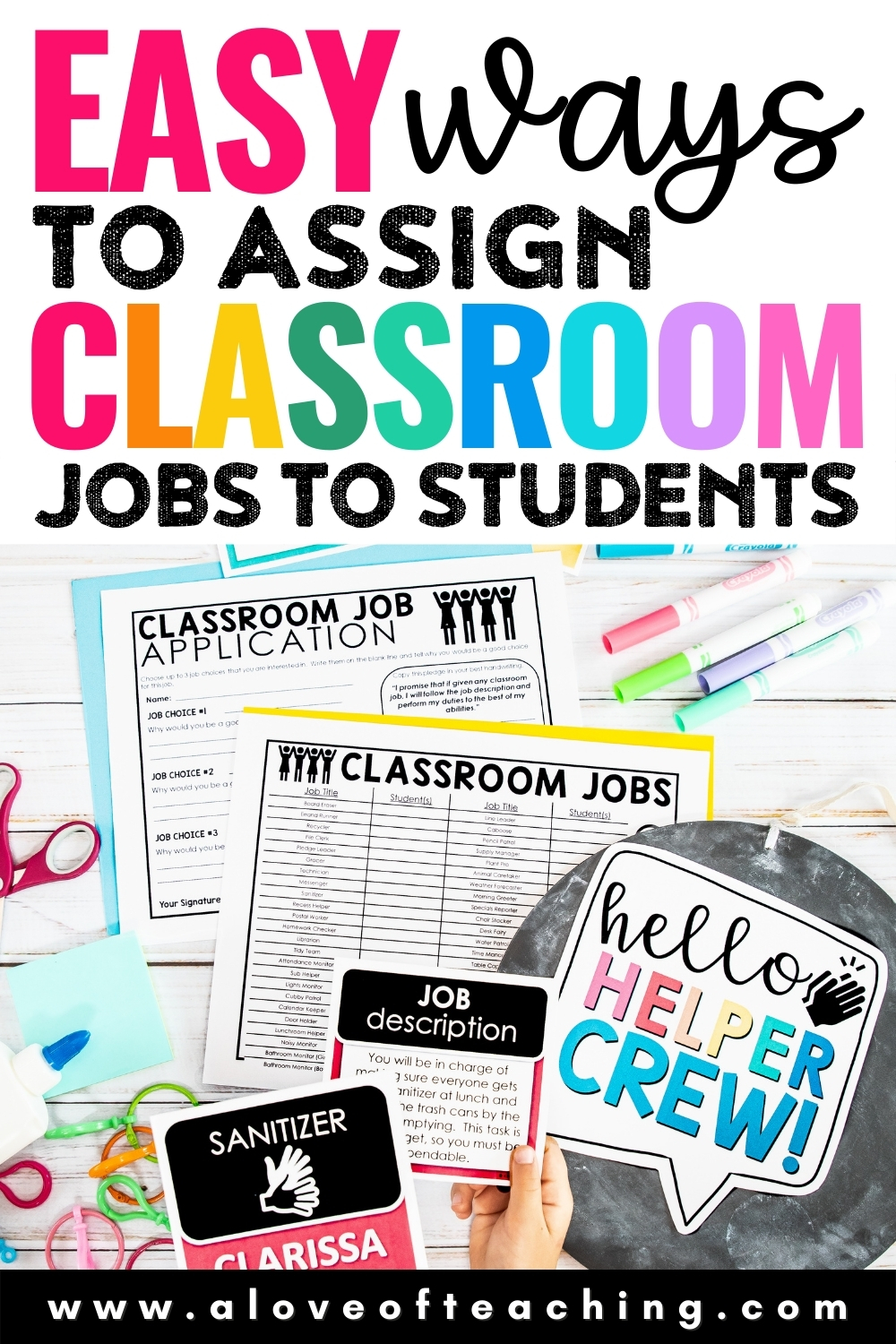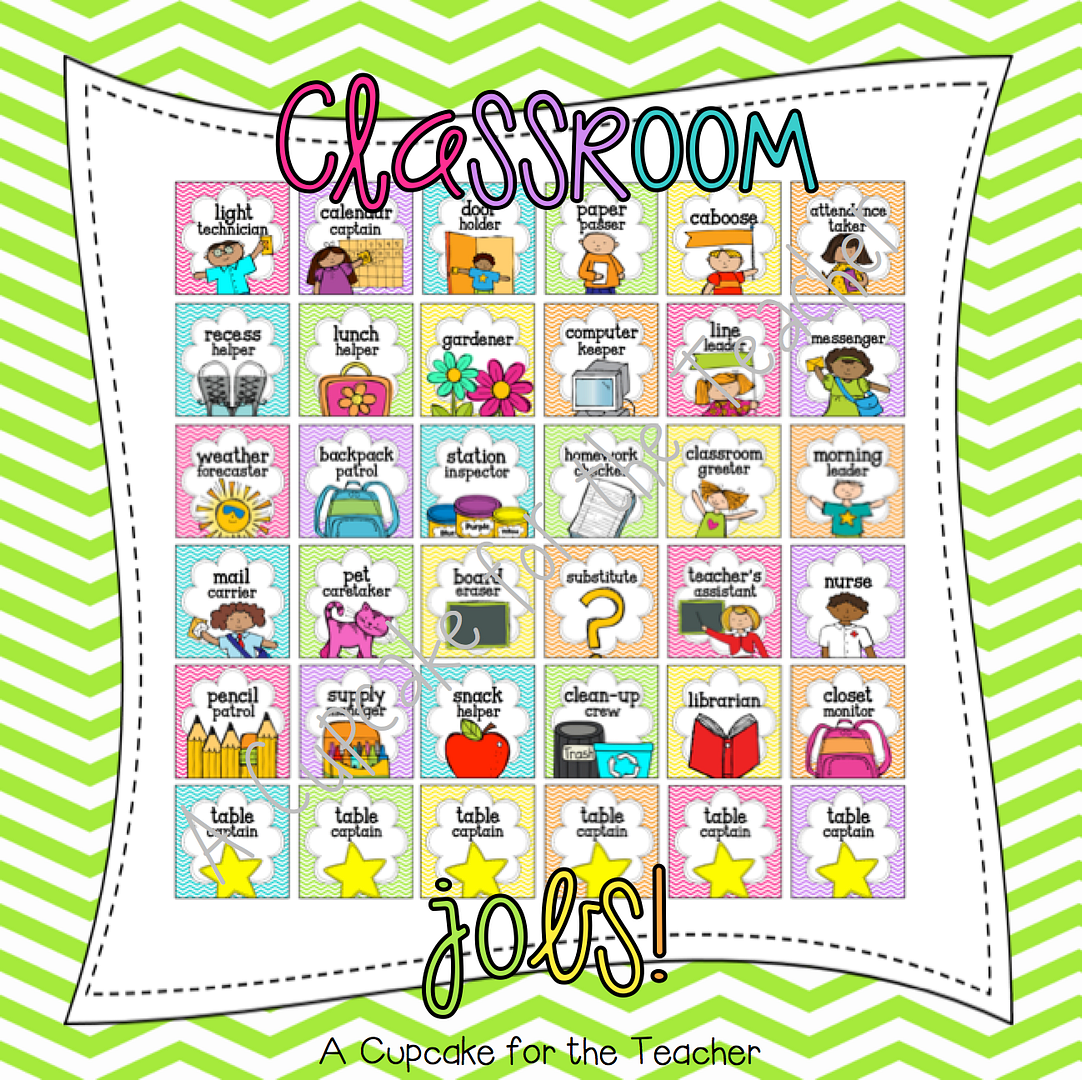
Introduction
Creating a smoothly run classroom requires organization and the delegation of tasks. Classroom jobs can help distribute responsibilities among students, fostering a sense of ownership and teamwork. With the right approach, managing classroom jobs can be made easy and efficient.

Benefits of Classroom Jobs
Assigning classroom jobs has numerous benefits for both the teacher and students. Firstly, it instills a sense of responsibility and accountability in students. By taking charge of specific tasks, they learn the importance of following through and completing their duties. Additionally, classroom jobs teach students important life skills such as time management, organization, and teamwork.

Types of Classroom Jobs
There are various types of classroom jobs that can be assigned to students. Some common examples include:
- Line Leader: Leads the class during transitions
- Door Holder: Holds the door for classmates
- Librarian: Organizes and maintains the classroom library
- Paper Passer: Distributes papers and assignments
- Board Cleaner: Erases the whiteboard or blackboard

Implementing Classroom Jobs
When implementing classroom jobs, it's important to establish clear expectations and procedures. Here are some tips to make the process easier:
- Assign age-appropriate tasks: Consider the abilities and maturity of your students when assigning jobs.
- Create a job chart: Display a chart or bulletin board with the assigned jobs, allowing students to easily see their responsibilities.
- Rotate jobs regularly: Give students the opportunity to experience different jobs throughout the year, promoting a well-rounded understanding of classroom responsibilities.
- Provide training: Take the time to train students on their specific job duties, ensuring they understand what is expected of them.

Evaluating and Recognizing Performance
Regular evaluation of students' performance in their assigned jobs is essential. Consider implementing a system to track each student's completion of tasks and their overall performance. Recognize and reward exceptional job performance to motivate students and reinforce their sense of accomplishment.

Creating a Positive Classroom Culture
Classroom jobs contribute to creating a positive classroom culture by fostering a sense of community and shared responsibility. Encourage students to support and appreciate their peers' efforts in completing their assigned tasks. This collaborative atmosphere enhances the overall learning environment.

Conclusion
Implementing classroom jobs is a valuable strategy for managing a well-organized classroom. By delegating responsibilities to students, teachers can create an environment that promotes teamwork, responsibility, and essential life skills. With proper organization and clear expectations, classroom jobs can be easily implemented and maintained.